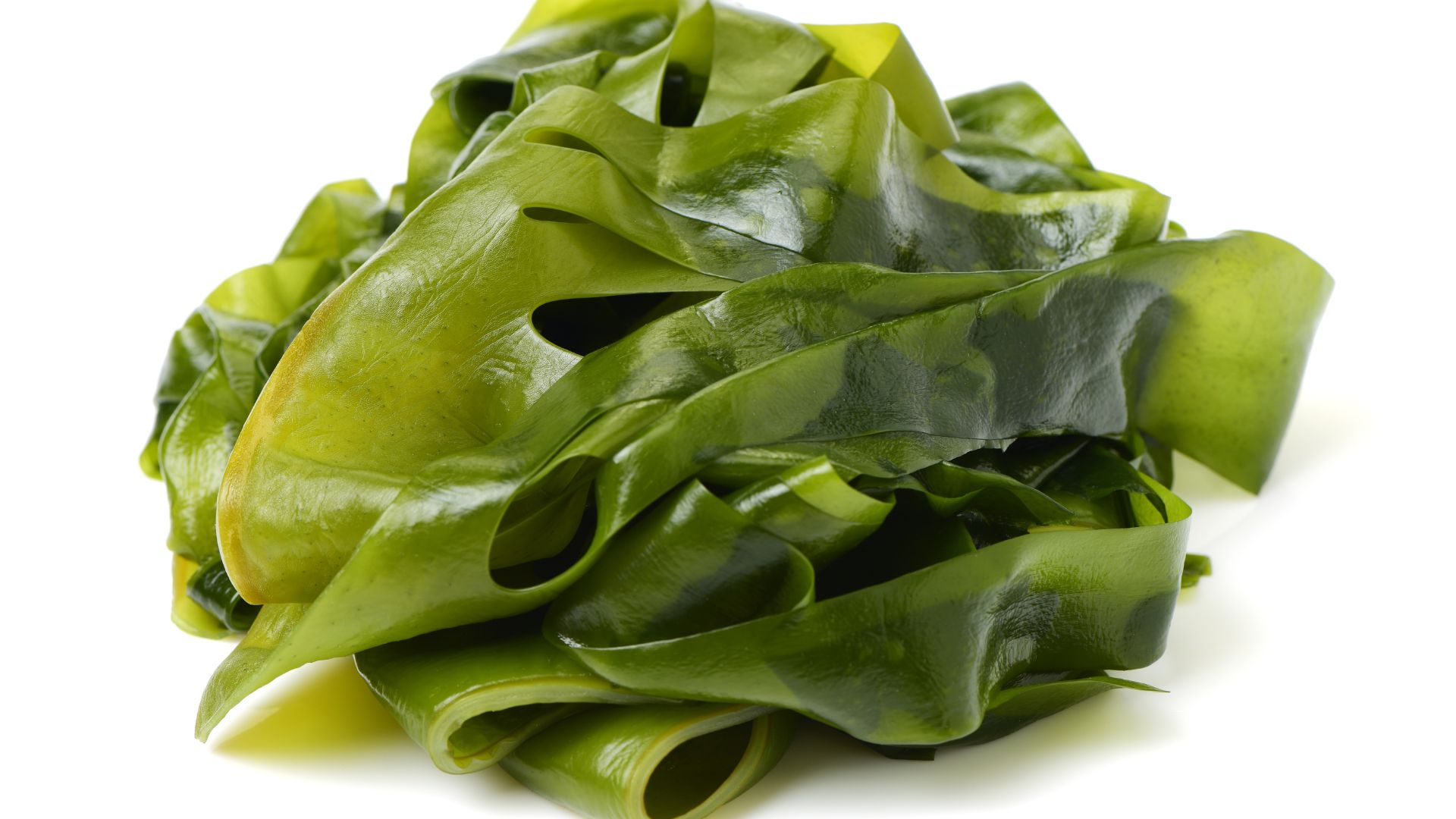As someone who’s spent years researching marine-based nutrition, I’m excited to share the remarkable health benefits of kelp – a sea vegetable that’s been a dietary staple in coastal cultures for millennia. Let me guide you through the scientific evidence behind this incredible superfood.
Why Kelp Deserves a Place on Your Plate
When I first discovered kelp, I was skeptical. After all, how could seaweed make a significant difference in our health? But the research tells a fascinating story. Kelp is one of the most nutrient-dense foods on the planet, packed with essential minerals that many of us lack in our modern diets.
The Iodine Powerhouse
Perhaps kelp’s most significant contribution to our health is its exceptional iodine content. Just one gram of kelp can provide more than the recommended daily intake of this vital mineral. As someone who struggled with thyroid issues, I’ve learned that iodine is crucial for maintaining healthy thyroid function, which regulates everything from our metabolism to our energy levels.
Weight Management Support
Research suggests that kelp’s natural fiber compound, called alginate, may help reduce fat absorption in the gut. It creates a gel-like substance that makes you feel fuller for longer. I’ve found incorporating kelp into my lunch salads helps curb those afternoon snack cravings.
The Mineral Treasure Trove
Kelp is exceptionally rich in:
- Magnesium for muscle and nerve function
- Iron for healthy blood
- Calcium for strong bones
- Zinc for immune support
- Manganese for antioxidant properties
Anti-Inflammatory Properties
The ocean vegetable contains fucoidan, a natural compound with powerful anti-inflammatory properties. Studies suggest it may help reduce chronic inflammation, which is linked to various health conditions.
How to Include Kelp in Your Diet
I’ve experimented with various ways to incorporate kelp into my meals. Here are some practical suggestions:
- Add dried kelp strips to soups and broths
- Sprinkle kelp powder on salads or smoothies
- Try kelp noodles as a low-carb pasta alternative
- Use kelp seasoning instead of table salt
A Word of Caution
While kelp offers impressive benefits, moderation is key. Its high iodine content means you shouldn’t consume it daily unless advised by a healthcare provider. I typically include it in my meals 2-3 times a week.
The Environmental Bonus
Beyond personal health benefits, choosing kelp supports environmental sustainability. Kelp forests help absorb carbon dioxide and provide crucial marine habitats. When we consume sustainably harvested kelp, we’re not just nourishing our bodies – we’re supporting ocean health too.
Remember to source your kelp from reputable suppliers who test for contaminants and practice sustainable harvesting. The benefits of this sea vegetable are remarkable, but quality matters.
Have you tried incorporating kelp into your diet? I’d love to hear about your experiences with this nutritious sea vegetable in the comments below!



